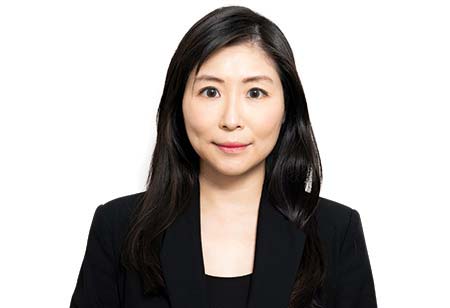

Thank you for Subscribing to Medical Care Review Weekly Brief

Union Medical healthcare (UMH, HKEx:2138) is the largest non-hospital medical service provider in Hong Kong, focusing on preventive and precision medicine, runs a customer-centric business by emphasizing IT, services and brand.
What were the items covered in your body check up? Where is your report from previous years? When was the last time a nurse call you up? Which treatment should you choose? How long was your wait for the specialist? How did you find out the instruction to take the pills after you left the clinic? Domination by transactional medical players The private healthcare market in Hong Kong is fragmented and dominated by traditional/transactional medicine consultation, medical services are often significant under-invested in Information Technology (IT). With the increasing need to allocate public health expenditure efficiently and the rising of health insurance penetration, industry should be transformed to prioritize treating patients effectively through catching up with the advancement in IT while maintaining a satisfactory patient experience – in addition to medical efficacy, individuals do look for customer experience including but not limited to shorter waiting period, online payment options and prompt response from medical services provider. Digitalization can facilitate the reduction of administration burden of health services being offered. By deploying resources to IT, services and brand, UMH is able to capture the long-term health expenditure of an individual. Individual no longer only visit a doctor upon being sick nor putting the relationship with doctor on hold as recovery kicks in, but to engage in preventive measures to maintaining a healthy life or monitoring of health condition of elderlies or minors digitally. Relationship between individuals and medical service providers should not be one-way and one-off, but interactive and on-going. Deployment of AI UMH has been collaborating with Mainland China’s tech and finance giants to offer new medical services experience to patients. Since November 2018, UMH has launched two Tencent Trusted Doctor primary care clinics in Hong Kong which are jointly operated with the Shenzhen-based company to pioneer the use of AI and Big Data in patient care. Tencent Trusted Doctor clinics are equipped self-help checkup devices, which delivers analysis of users’ basic health-related figures, such as blood oxygen, muscle mass and basal metabolism rate and smart devices for triage arrangement. UMH targets to open 20 primary clinics in Hong Kong. Telemedicine In late February 2020, UMH became the pioneer to offer telemedicine consultation service in Hong Kong. Telemedicine is being effectively used to expand healthcare access to underserved populations and value add to existing healthcare services, in particular when face to face meetings were not preferred. The medical council of Hong Kong issued of Ethical Guidelines on Practice of Telemedicine in December 2019, spectrum of activities including but not limited to (a) Tele-treatment of patients; (b) Collaboration between doctors and/or with other healthcare professionals through telecommunication systems; (c) Monitoring of patients through telecommunication systems; and (d) Dissemination of service information and/or health education to the public (including patients) through telecommunication systems. Selective use of e-consultation will enhance the access of aging population with multi-morbidity and restricted mobility, and their caretaker. Medical service providers can better control their schedule and meet the needs of more patients. They can leverage remote visits to screen patients for illnesses that require additional attention, refer serious cases for additional care, call in prescription medications, and provide follow-up for those already under their care. Physical visits can be reserved for patients with complicated needs.